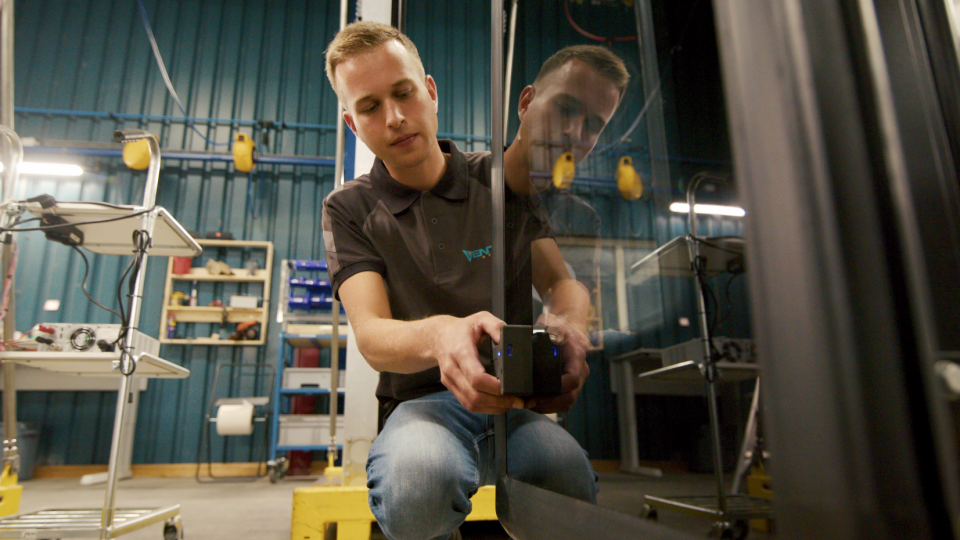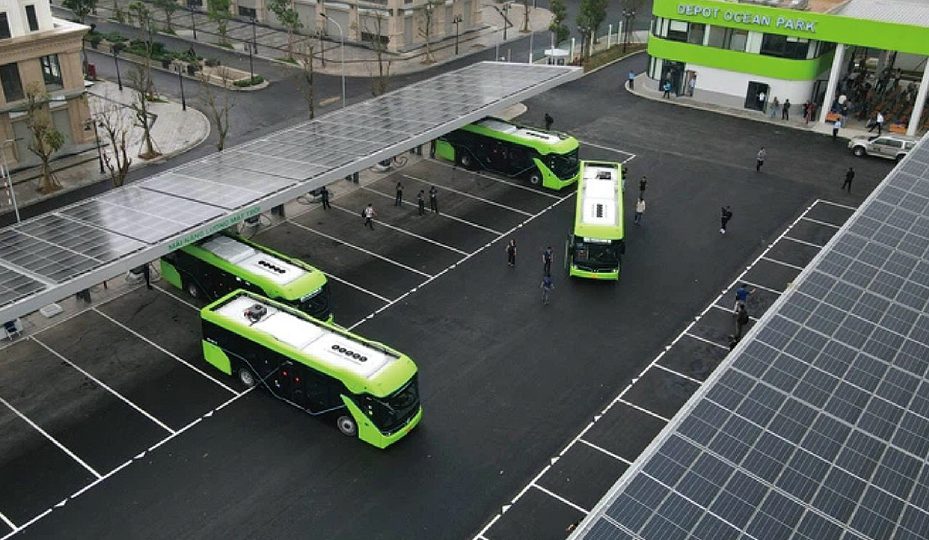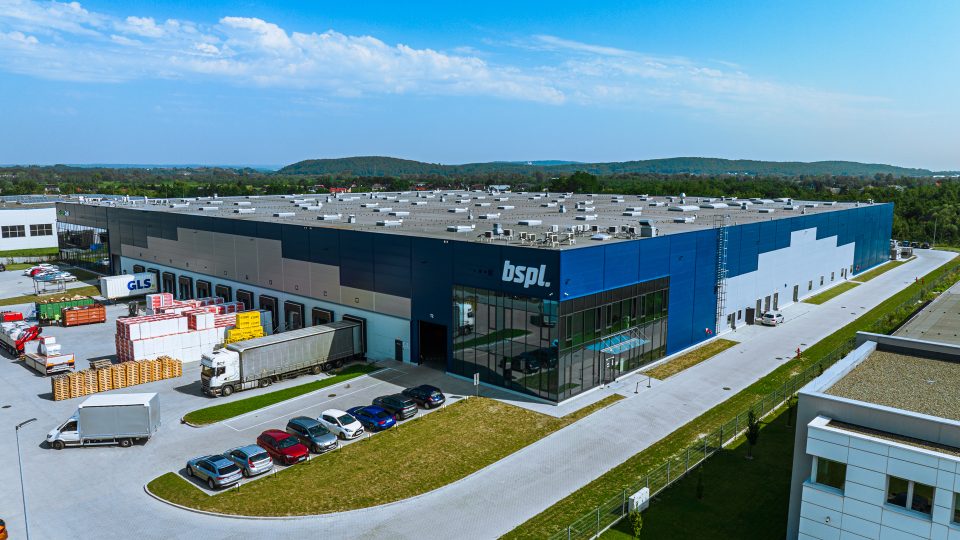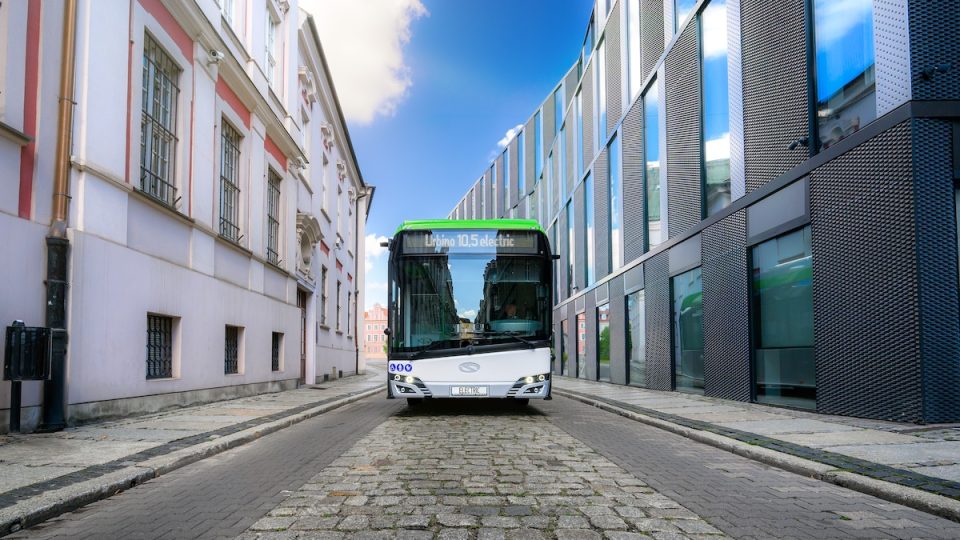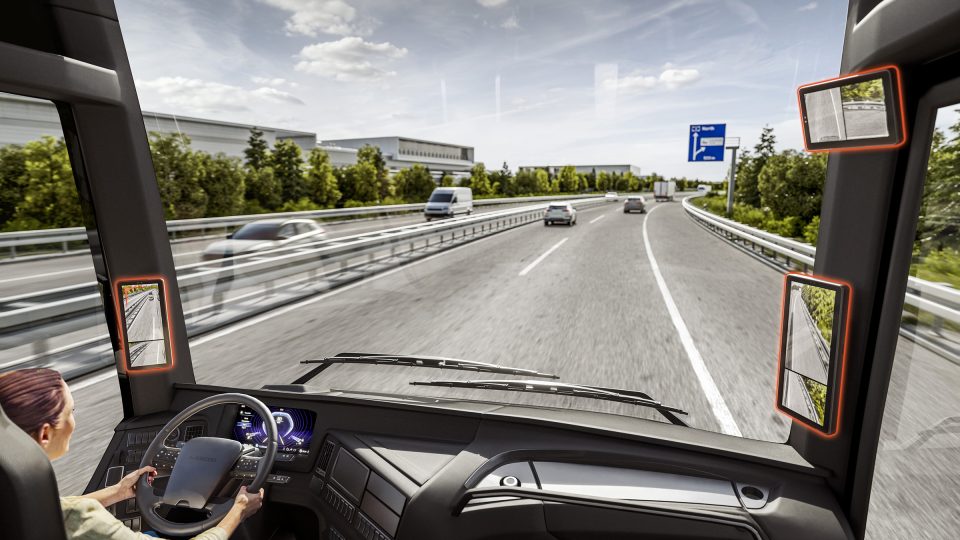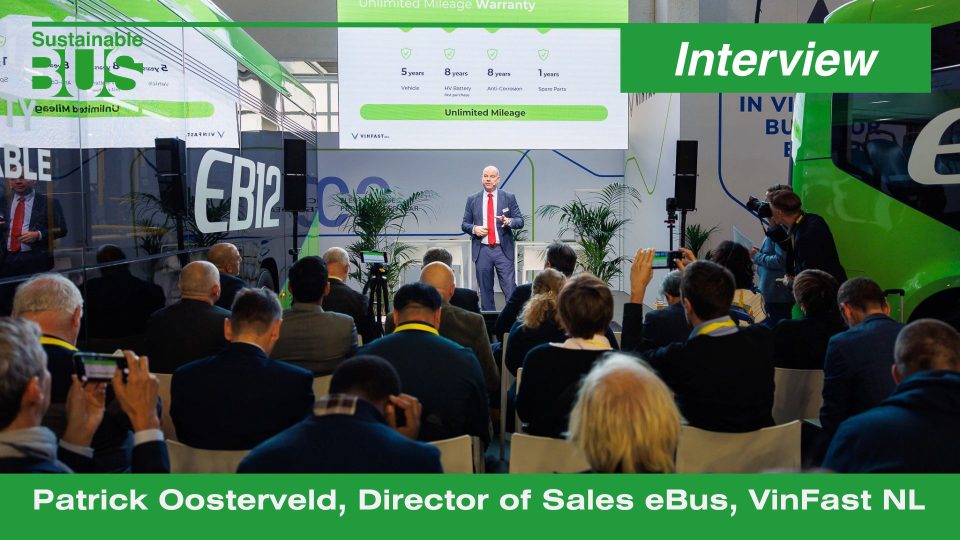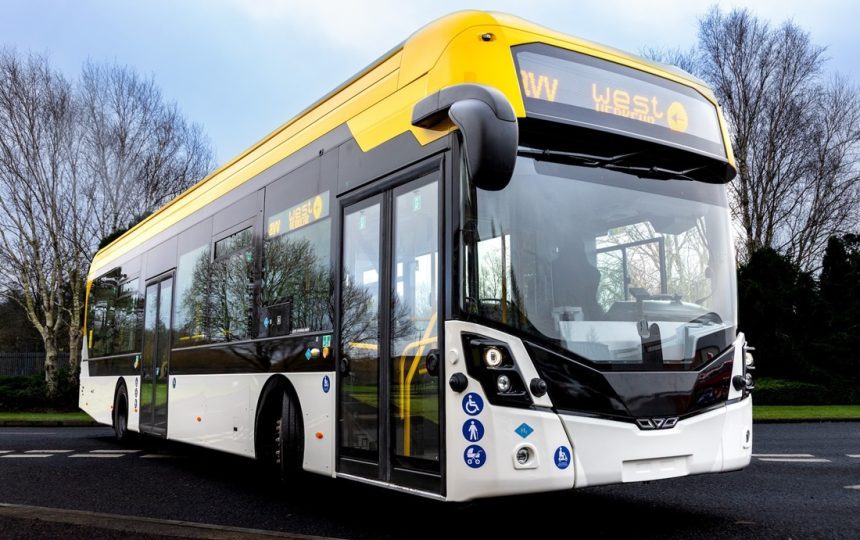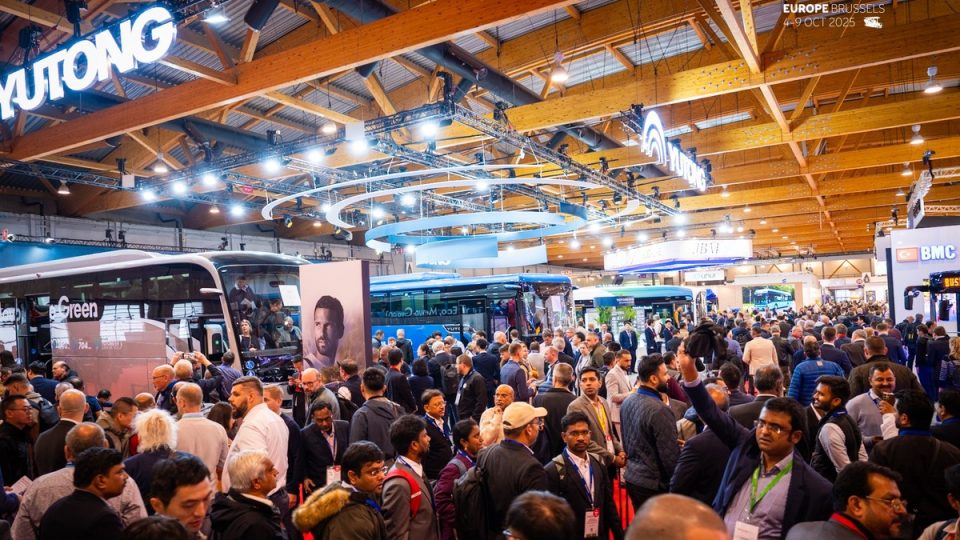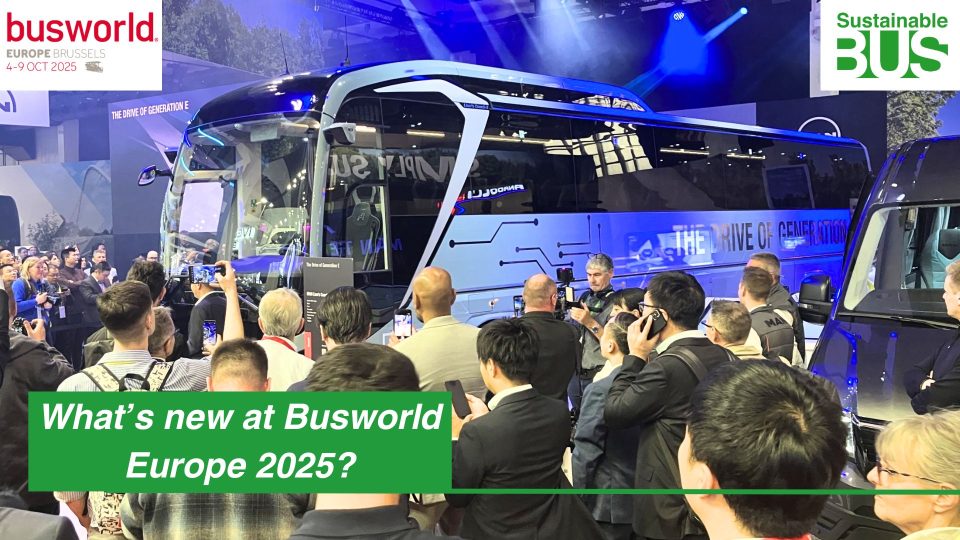Drivers for bus travels’ growth, business model, energy transition. Our interview with FlixBus CEO André Schwämmlein [NEXT STOP #6]
On 15th February we joined the press event organized by FlixBus (but is should be better to say ‘Flix’, from the name of the group that embraces both bus and FlixTrain business) on the occasion of its 10th anniversary. A few takeaways: in 2022 FlixBus achieved profitability at EBITDA level (no more figures provided on this at the […]

On 15th February we joined the press event organized by FlixBus (but is should be better to say ‘Flix’, from the name of the group that embraces both bus and FlixTrain business) on the occasion of its 10th anniversary.
A few takeaways:
- in 2022 FlixBus achieved profitability at EBITDA level (no more figures provided on this at the moment). It’s not then ‘net’ profitability, but however a significant milestone for the former startup from Munich
- 2023 plan: increasing profits by at least 20 per cent
- CEO André Schwämmlein speaking during the event: “We had success so far in the smaller and highest regulated market in the world, the European ones. The biggest bus markets are still there. Brasil for instance, where we just started, is alone 3 times larger than the whole European market”.
Below, our interview with Schwämmlein. Focus on drivers for bus travel growth, business model, energy transition, recovery, profitability 👇🏻
This article was published in the first issue of our newly-launched newsletter Next Stop.
Every Friday, we try to help giving a better perspective on what is going on in the mobility world. Trying to anticipate which will be the NEXT STOP
Can check the newsletters’ archive HERE.
And sign up HERE
André Schwämmlein: focus on our profitable growth
Key topics in the first ten years of Flixbus included the democratization of bus travel, the liberalization of bus markets, and others. What will be the key subjects for the next ten years?
“I think it will be all about our profitable growth. In the end, I believe there’s still a lot of room for growth in the bus industry. Buses still don’t have the role they deserve in the transportation system, but we are getting there. The perception of buses has improved over the last decade, and I think we have to keep working on making them accessible and attractive to more people. On the other hand, another big trend is decarbonization, which I think will be the underlying challenge and opportunity. If we do it right, it will be a benefit for the bus modal share.”
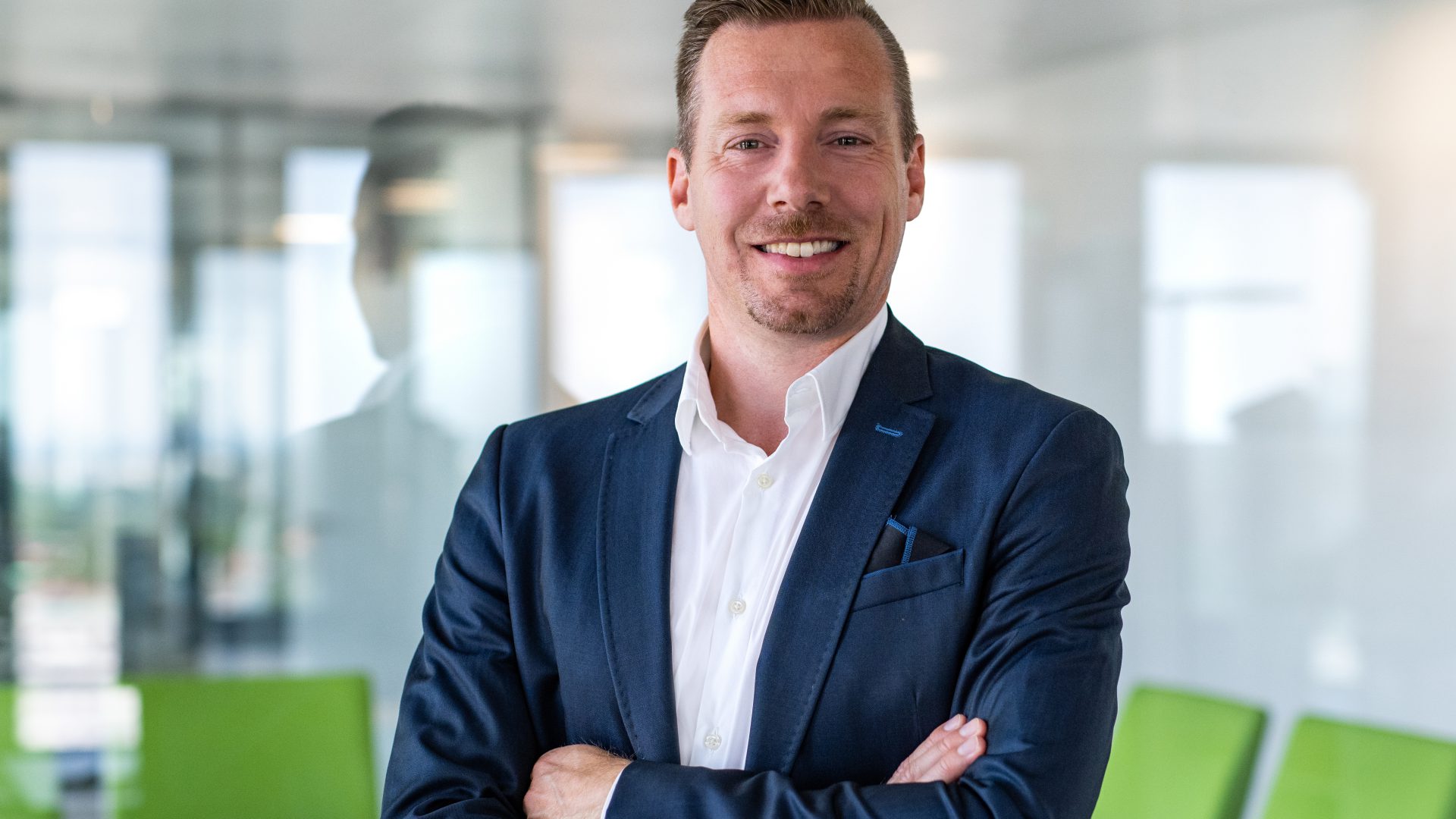
We are witnessing two very global challenges: driver shortage and energy transition, as you just mentioned. Is Flixbus’s business model fit for these two challenges? Or should we expect some changes in the way you work with partners?
“Regarding the driver shortage, I think it’s definitely a concern for the entire transportation industry. It’s clear that the shortage will become more intense over the next few years. However, we think we can manage this issue as long as we ensure that we offer an attractive environment to our drivers. This means creating an attractive offer for our bus companies, so that they can make enough money to pay their drivers a bit more than they would receive in other services. Other attractive aspects can be having good quality buses for our drivers to drive, creating a fun work environment, and ensuring that drivers have sufficient rest time and are not stressed all the time. In summary, we need to create a good work environment for our drivers, and I’m confident that our bus partners will be able to attract drivers for our bus lines. While the driver shortage is a major concern for the transportation industry, it’s not a huge roadblock for us.”
Flix has made it clear to manufacturers that the total cost of ownership of alternative drive coaches needs to be comparable to diesel and eventually even better. Flix does not expect passengers to pay for the transformation, as manufacturers have profits available to invest in the technology. Our goal is to have an affordable and sustainable product that can compete in the market
André Schwämmlein, Founder & CEO of Flix
FlixBus at the test of decarbonization, according to André Schwämmlein
And concerning decarbonization?
“It’s clear that investments are needed from the operators. In my opinion, we need to work closer with our bus partners to achieve this. Coordination is crucial, and it won’t work without it. For example, if your bus partner is FlixBus, today you can order a pre-specified FlixBus bus from the manufacturer of your choice, and it can be used on almost all lines, regardless of where you use it. However, as we move towards a future with different regulations regarding emissions and drivetrains, we’ll need even more coordination. Some countries are pushing for diesel, while others are pushing for electric or hydrogen, and different priorities will be set. Infrastructure will have to be aligned, and I hope for stronger European coordination on this issue. As a result, the system will become more complex, but we can manage this complexity by getting closer to our bus partners. In some cases, we’ll have to work closely with them to decide on the next generation of drivetrains that we should use. It’s just more work and coordination needed, but I’m not scared”.
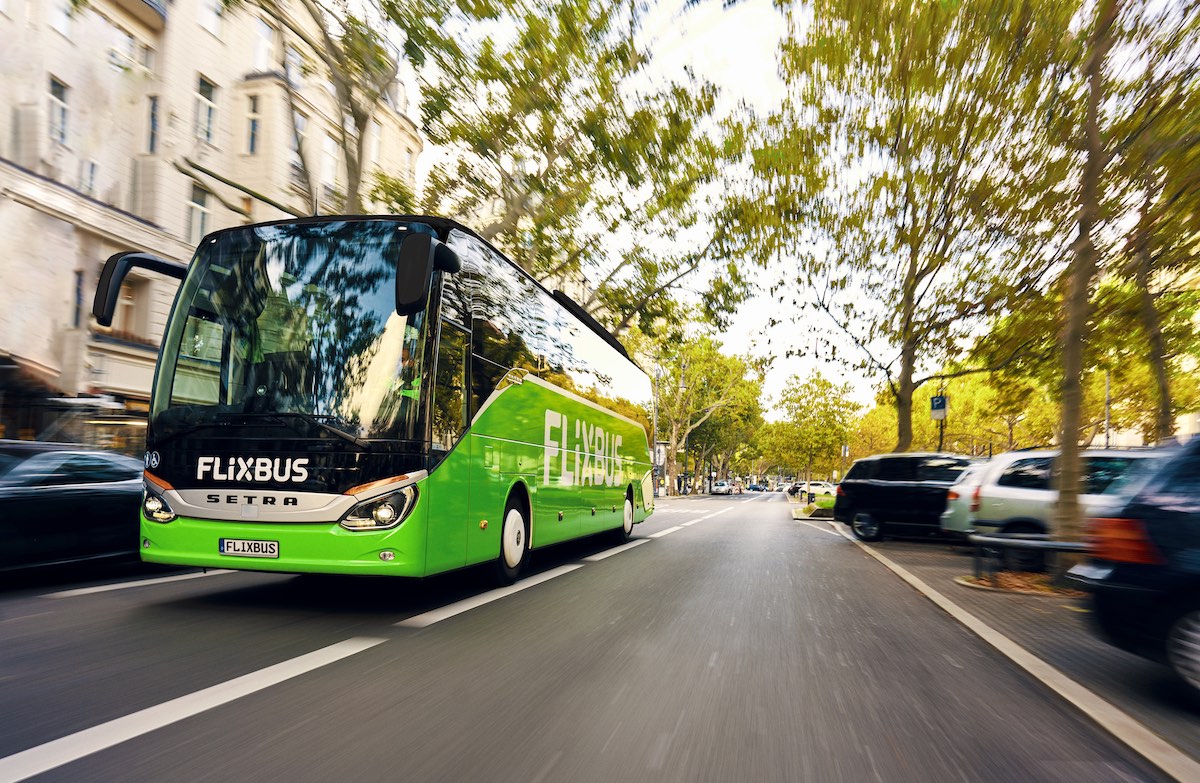
You have in place two development projects, one on hydrogen with Freudenberg and ZF, the other on battery-electric technology with Daimler Buses (among others). Can you clear up my mind: how will they end up? Are you developing coaches that are going to be sold on special conditions to Flixbus partners? What will be the outcomes?
“The final model for integrating alternative drives into the Flix fleet has not yet been fully defined, as it depends on the technical specifications, price, and total cost of ownership of the technology. It’s important for manufacturers to receive feedback from the industry early in the process because the first manufacturer to introduce alternative drive coaches to the market will have a significant advantage in selling these vehicles. Flix has made it clear to manufacturers that the total cost of ownership of alternative drive coaches needs to be comparable to diesel and eventually even better. Flix does not expect passengers to pay for the transformation, as manufacturers have profits available to invest in the technology. Our goal is to have an affordable and sustainable product that can compete in the market”.
André Schwämmlein: the drivers for Flix’s growth
What do you think will be the main driver for growth in bus travel in the coming years? The competition with rail for ticket prices has become quite tough lately. Do you think affordable tickets will still be a way to win this competition, or are there other drivers for growth?
“I believe our ambition should be to offer the most affordable way to travel while also competing with other options out there. For very long distances, some low-cost carriers may offer lower prices, but for shorter booking time frames, we are still more affordable in every relation that we offer. Our ambition is to be the most affordable option for everyone, and neither our decarbonization nor our growth ambitions can compromise this. Our growth will also come from network expansion, adding more lines and buses, and from passenger growth by filling up the buses more each year. This is why we believe we can now focus on revenue and profitability growth”.
As we move towards a future with different regulations regarding emissions and drivetrains, we’ll need even more coordination. Some countries are pushing for diesel, while others are pushing for electric or hydrogen, and different priorities will be set. The system will become more complex, but we can manage this complexity by getting closer to our bus partners. In some cases, we’ll have to work closely with them to decide on the next generation of drivetrains that we should use
André Schwämmlein, Founder & CEO of Flix
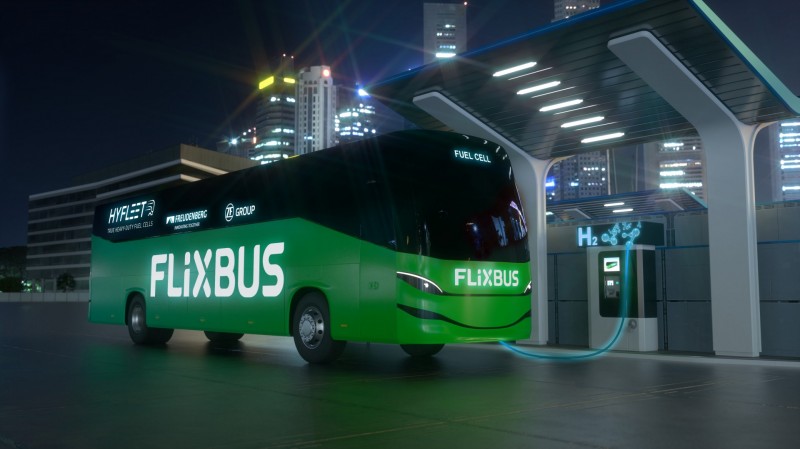
During the presentation, you mentioned that the largest bus markets are still there. Can you provide some figures? What profit margin do you expect in those markets compared to the one you have in Europe?
“I think it’s very hard to predict today how big our business in Brazil will be in four years. That’s the honest answer. In these countries, we are a startup. We can predict relatively precisely what our size and revenue will be in Italy this year, but it’s much harder to predict for Brazil. For example, the Brazilian bus market is three times larger than the entire European bus market. It’s our ambition to grow our business, and yes, we have a plan. We will see how we execute against that plan each year. Look at Chile, for instance, where the market size is larger than European markets, and Chile is a small country with only 20 million inhabitants. Therefore, these markets are super attractive, and we have always been good at scaling up in a sustainable way. We have to start somewhere, with the first ten buses, deploy another 10, go to 50 buses, then to 100 buses. We will take it step by step and get into a more stable planning mode. We’re going to explore more countries over the coming years and then allocate resources accordingly“.
Can you give an example?
“Portugal is a great example. We started in Portugal during the Covid crisis, and we have grown significantly since then. We are making another significant step this year, and we will clearly continue to grow in that market. However, we are not in a rush. There is so much room out there, and we have to do it right, not fast“.
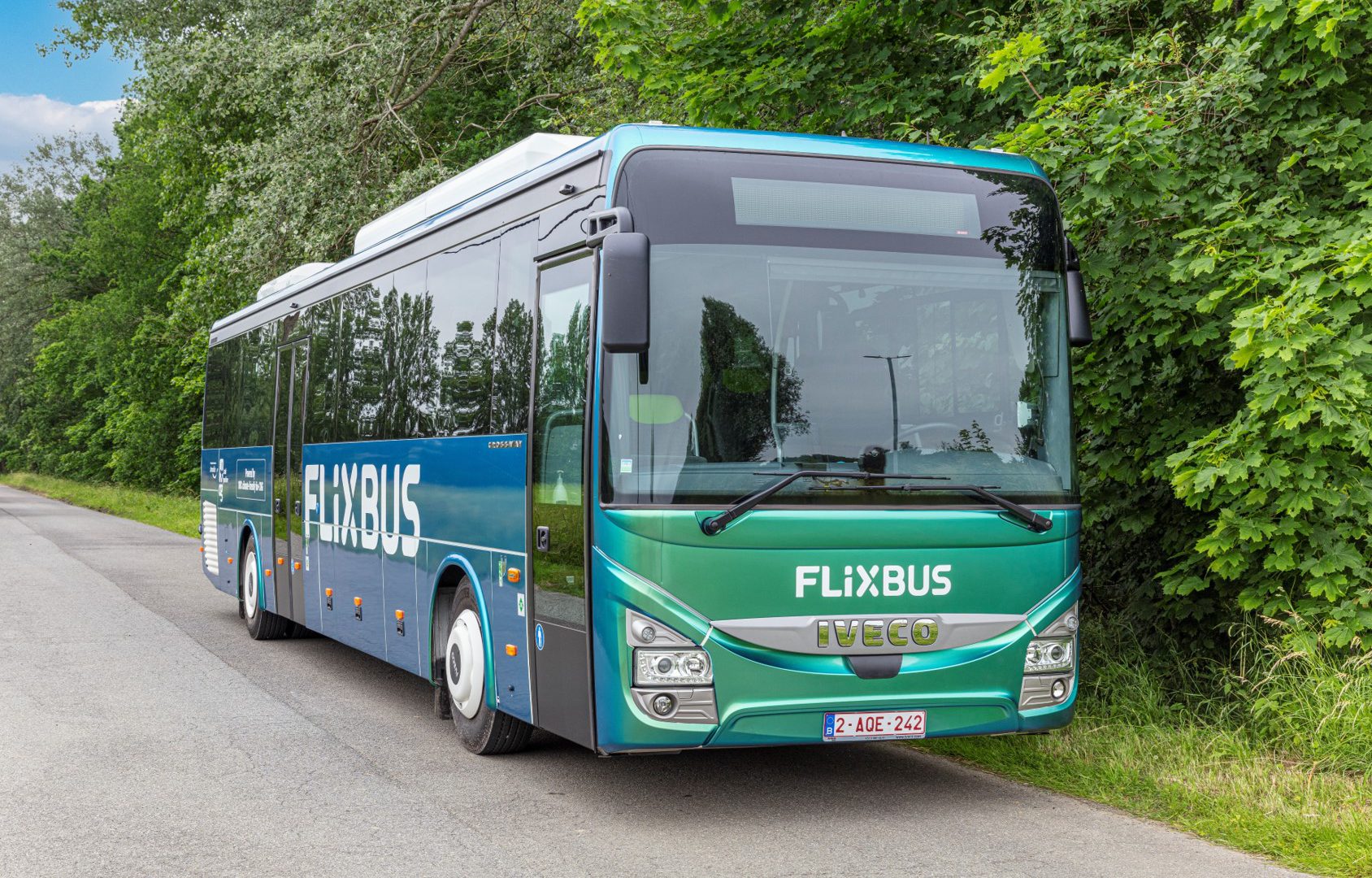
Back to pre Covid?
In 2019, you reported 62 million passengers, and last year it was 60 million, which is very close to the pre-pandemic level. Should we view this as a reset, a return to 2019, or a new start in a different landscape?
«Surprisingly, I don’t see a huge shift in habits, which is good for us, and I was uncertain about that during the pandemic. I don’t perceive any significant changes in habits. However, it’s a reset for us as a company. We have done our homework during Covid, and we have also worked very hard on our geographic footprint. The US is now our largest market globally. We have recovered to pre-Covid levels in the markets where we have a presence. We are in a position to continue growing this year and the next, as we had 50% more revenue in 2022 than pre-Covid, so we are profitable. We used this time to reset and establish a new foundation for the future».

